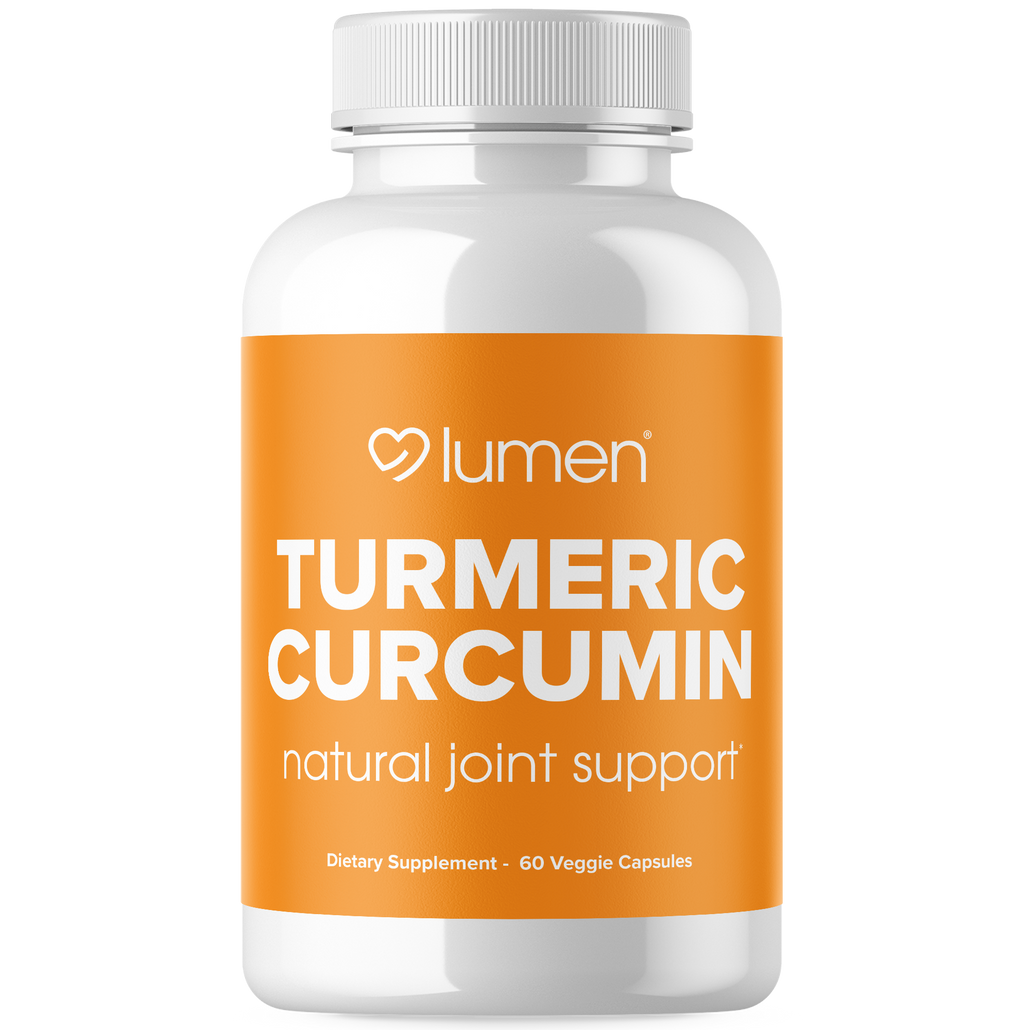A Nutrigenomic Point of View: How Unhealthy Fats Promote Obesity
Nutrigenomics Explores A Complex Triad Of High Fat Intake, Obesity, & Inflammation.
Nutrigenomics is an emerging field of science that studies the link between your diet, its impact on the genes, and the disease risk. In addition, this interesting endeavor also looks at the molecular mechanisms through which certain chemicals in the foods alter gene expression in an individual and contribute to a disease.
Though it’s no new thing that foods have a significant impact on health, how an individual component of a diet affects a particular gene and hence the disease risk is still largely unknown. Interestingly, this is exactly what nutrigenomics seeks.
Once the role of a diet in disease causation in an individual is known, one can change or modify the diet that best meets the individual health needs.
A closer look reveals how a high-fat diet works to promote obesity and what nutritional approaches can help.
Unhealthy Fats Increase The Levels Of An Inflammatory Substance In The Body.
Lab studies, as well as animal studies, have found that circulating levels of a pro-inflammatory substance called tumor necrosis factor-α (TNF-α) increase in obesity. On the contrary, they tend to decrease with weight loss.
Most notably, researchers have noted that increased TNF-α levels promote insulin resistance (IR), which is a strong predictor of type 2 diabetes. Similarly, individuals who have higher TNF-α in their system may be at a greater risk of developing heart disease.
This is because chronic inflammation increases the levels of plasminogen activator inhibitor-1, a protein that has been linked to an increased risk of arterial hardening and narrowing.
In one mice study, mice that were fed a diet high in saturated fats (SF) for five weeks showed a significant increase in TNF-α expression. This clearly indicates how taking too much fat can alter expression of the genes that regulate inflammation.
Interestingly, when the mice were given saturated fats along with a healthy fat called EPA (eicosapentaenoic acid), there was no increase in the levels of TNF-α. Keep in mind that EPA is an omega-3 fatty acid, which is revered for its numerous health benefits. For example, improved heart health, healthy joints, and a robust immune function.
Unhealthy Fats Decrease The Levels Of An Anti-Inflammatory Substance Called Adiponectin.
Adiponectin is a protein that has anti-inflammatory, antidiabetic, and cardioprotective effects. Most notably, adiponectin increases glucose metabolism in fatty tissues and stimulates insulin secretion in the pancreas. The levels of adiponectin decrease with obesity and increase with weight loss.
In humans, high intake of vegetable oils, particularly those rich in γ-linolenic acid decreases the levels of plasma adiponectin. On the other hand, individuals who take more healthy fats such as EPA and DHA tend to have increased levels of adiponectin.
These findings provide a strong evidence that supplementation with EPA/DHA could be a great alternative approach to reducing inflammation and obesity in humans.
The Bottom Line
Fats can have both beneficial and detrimental effects on your health. It depends on the type of the fats and the way they affect the genes in your body.
Generally, saturated fats are considered unhealthy as they increase inflammation and promote weight gain. Conversely, healthy fats that include omega-3 fatty acids like EPA and DHA are great for your health. In addition to boosting your heart health, they may also help weight loss by decreasing inflammation.
One great way to include more healthy fats in your diet is to take foods like fatty fish, whole eggs, avocados, nuts, and extra virgin olive oil. You may also consider taking a supplement if you think your diet is not providing enough of these healthy fats.
Protect Yourself From Inflammation Caused By Unhealthy Fats
Visit Our Store Page to View All Our Products






